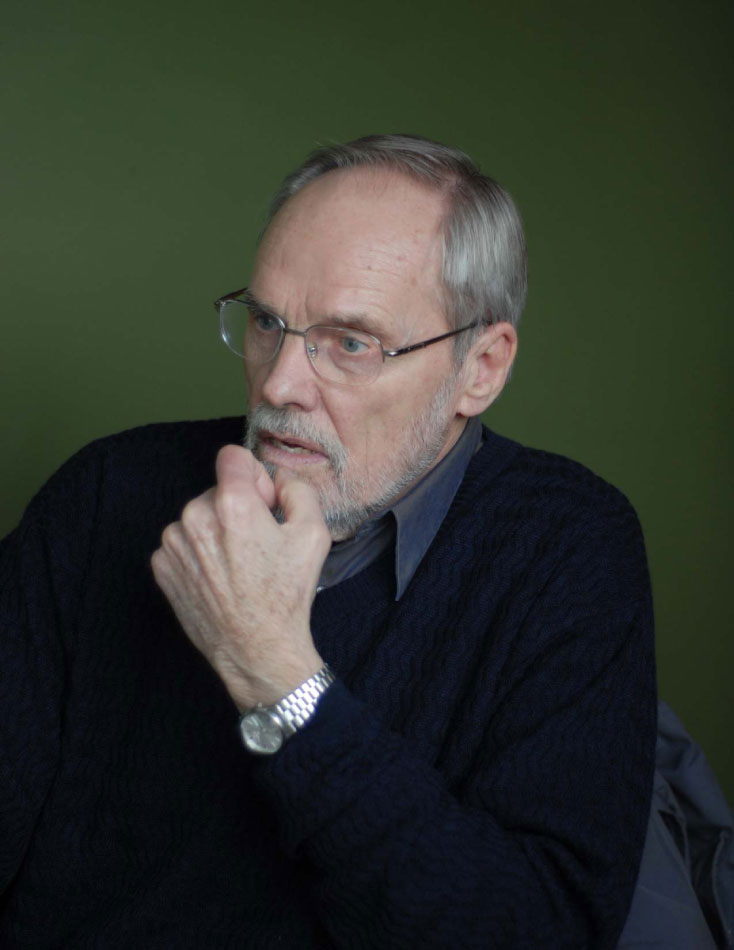


Where, indeed, is Adam? At present, in the 1990s, he’s far away, certainly, from his origins, enjoying what seems an enviable existence-as a respected physician, he’s financially independent with a beautiful, intelligent wife, and two children, successfully grown-but in fact Adam, 54 years of age, and toying with retirement, is contemplating a life which is, as he slowly becomes aware, crumbling to pieces before his unbelieving eyes: his wife is estranged, a daughter is gone, perhaps forever, his son is angry and critical, and he himself is in deep conflict with his past. “A-a-da-a-am,” she cries, “Where a-a-re you?” It’s a call home, as well, to one who may have lost his way. At chapter’s end his mother’s plaintive call echoes through the evening, and the decades, summoning his childhood self to dinner or bed. The book opens into Adam’s memory of a pivotal moment in his life-the summer of 1942, where, as a young boy he is about to begin school, learn English, and thus take his initial tentative steps away from his German-speaking Mennonite family and their self-imposed cultural and geographic isolation in Northern Alberta. First published in: Books in Canada, 2002Īdam Wiebe, the central protagonist in Canadian writer Rudy Wiebe’s wonderful new novel, Sweeter Than All the World, is a man whose past is catching up with him, both literally and figuratively.


 0 kommentar(er)
0 kommentar(er)
